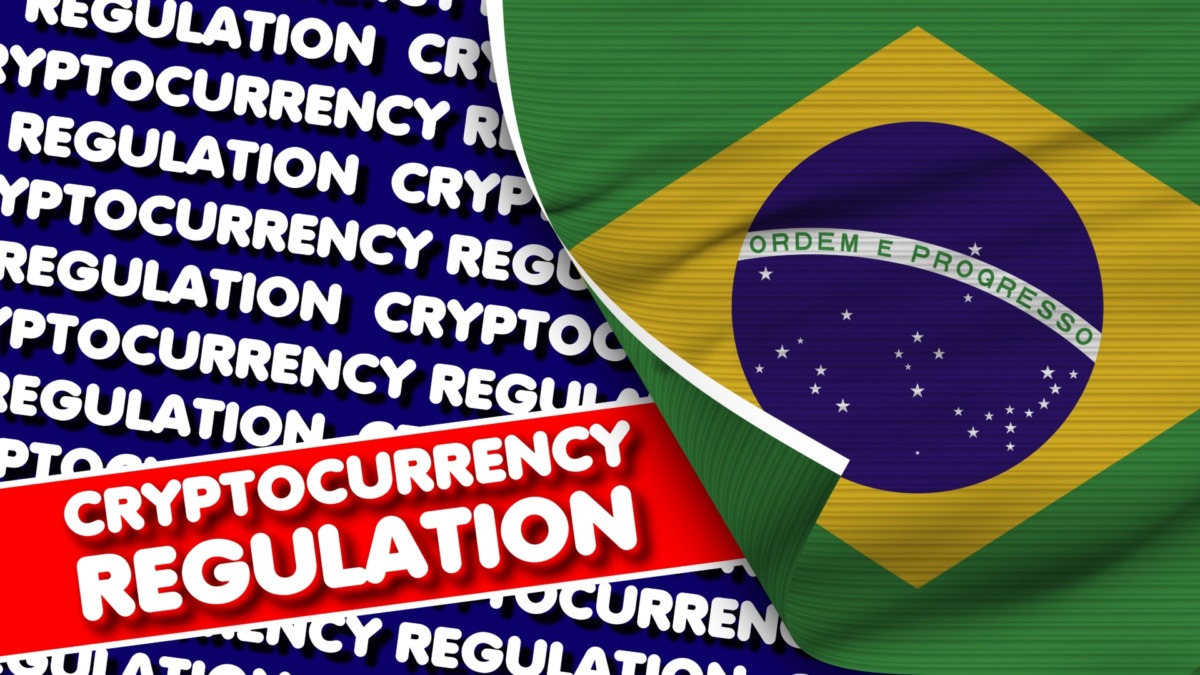Brazil Unveils Sweeping Crypto Regulations to Strengthen Market Oversight

- Brazil approved a new crypto framework, requiring all VASPs to be authorised and meet banking-style standards by February 2026.
- Firms must comply with steep capital requirements, starting at $2 million, and strict rules on AML/KYC and governance.
- The new rules classify purchases/sales of fiat-pegged stablecoins and their use in international transfers as foreign-exchange (FX) operations, capping unauthorised counterparty transfers at $100,000.
Brazil’s central bank approved its most comprehensive crypto framework to date, requiring all virtual asset service providers to obtain authorisation and meet banking-style standards for governance, consumer protection, cybersecurity, and AML/CFT.
The framework outlines that all crypto firms must become Sociedades Prestadores de Serviços de Ativos Virtuais (SPSAVs), which is the same as Virtual Asset Service Providers (VASPs) licensed by the bank and grouped by activity. That includes intermediaries, custodians, and brokerages.
Additionally, foreign operators must set up a Brazilian entity and migrate local business. Firms that miss the deadline, covering capital, cybersecurity, KYC/AML, and risk controls, will be shut out.
Related: Brazil and Hong Kong Link CBDC Networks in Cross-Border Blockchain Pilot Using Chainlink
Capital Requirements and Rules
Capital requirements are steep, with the floor being 10.8 million reais, or US$2 million (AU$3.06 million), rising to 37.2 million reais (AU$10.98 million) for some activities. That tops the public-comment float of US$1-3 million (AU$1.54–4.64 million).
The framework also brings certain parts of crypto activity under foreign-exchange (FX) regulation. For instance, purchases or sales of fiat-pegged stablecoins and the use of crypto for international transfers and settlements now fall within FX oversight. So, if a payment or transfer involves an unauthorised counterparty, it is capped at US$100K (AU$153K).
Director of regulation Gilneu Vivan said in a press conference the measures target scams, fraud, and money laundering.
The crypto market depends heavily on technology and has very important obligations related to anti-money laundering. All of this requires guarantees that it will be well executed. New rules will reduce the scope for scams, fraud, and the use of virtual asset markets for money laundering
 Gilneu Vivan, Central Bank Director of Regulation of Banco Central do Brasil.
Gilneu Vivan, Central Bank Director of Regulation of Banco Central do Brasil. The resolutions take effect in February 2026, CNN Brazil reported, and companies have nine months to adapt, and those who are not compliant have until November 2026 to cease operations.






